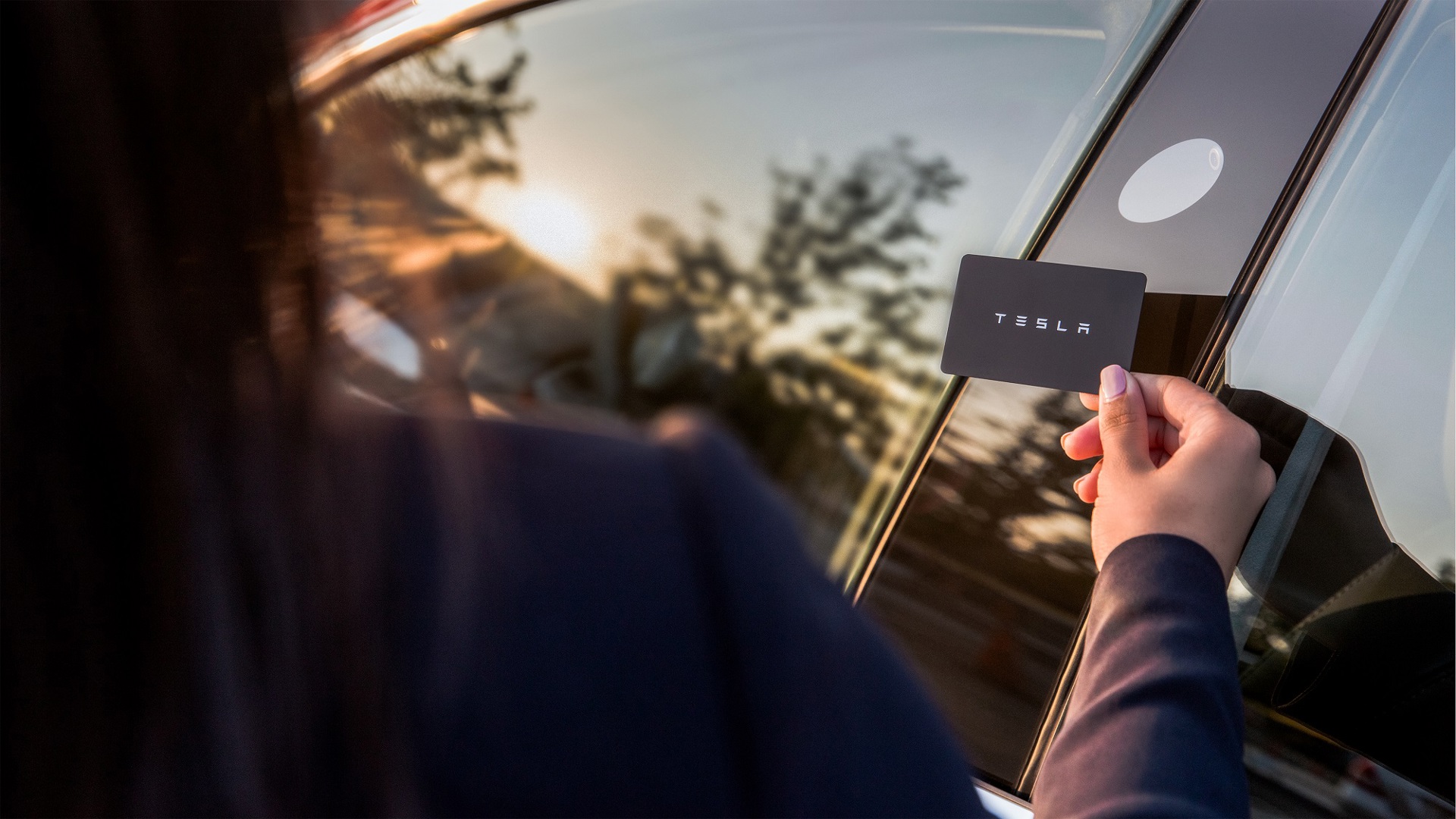Tired of losing your car keys? A new project from a biohacker could mean that you'll never have to worry about that again. Because she had the RFID key for her Tesla Model 3 implanted in her arm.
Yes, you read that right. While you might feel attached to your car, we're guessing that it's not quite that much a part of you. And it's never started just because you held your hand up to it.
It's a project that started more than a year ago: Could you take the RFID-enabled key from a Tesla Model 3 and have that implanted under your skin? Not the full key, of course, but the important parts inside. The Tesla Model 3 is unique in that it doesn't have a traditional key — to unlock the car, you hold up the RFID key card to a specific spot on the door. Most people just keep the key card in their wallet, but one biohacker has taken a more extreme route.
Amie DD, who is a software engineer and active in the maker community, started with an existing RFID implant. She uses that one for things like unlocking the door of her home. In this latest video, posted to her hackaday.io page tracking the project, she has a Tesla key chip that's been coated to be body-safe implanted into her arm.
The video isn't for the squeamish, there is some blood involved in getting the chip, which is about as long as a Lego Minifig, inserted. The chip was obtained by dissolving a plastic Tesla valet key in acetone.
So does it work? According to Amie's Twitter account, yes. It's not working with much range just yet, which she attributes to some inflammation and swelling caused by the implant. But her Twitter does show an in-home RFID scanner that recognizes the chip.
So are we close to walking into a dealership and getting our keys implanted into our arms? Probably not. But with biohackers like Amie DD working on it, the future is getting closer.
And here's the implanting video, if you want to see how it's done. Warning again, there will be blood.

